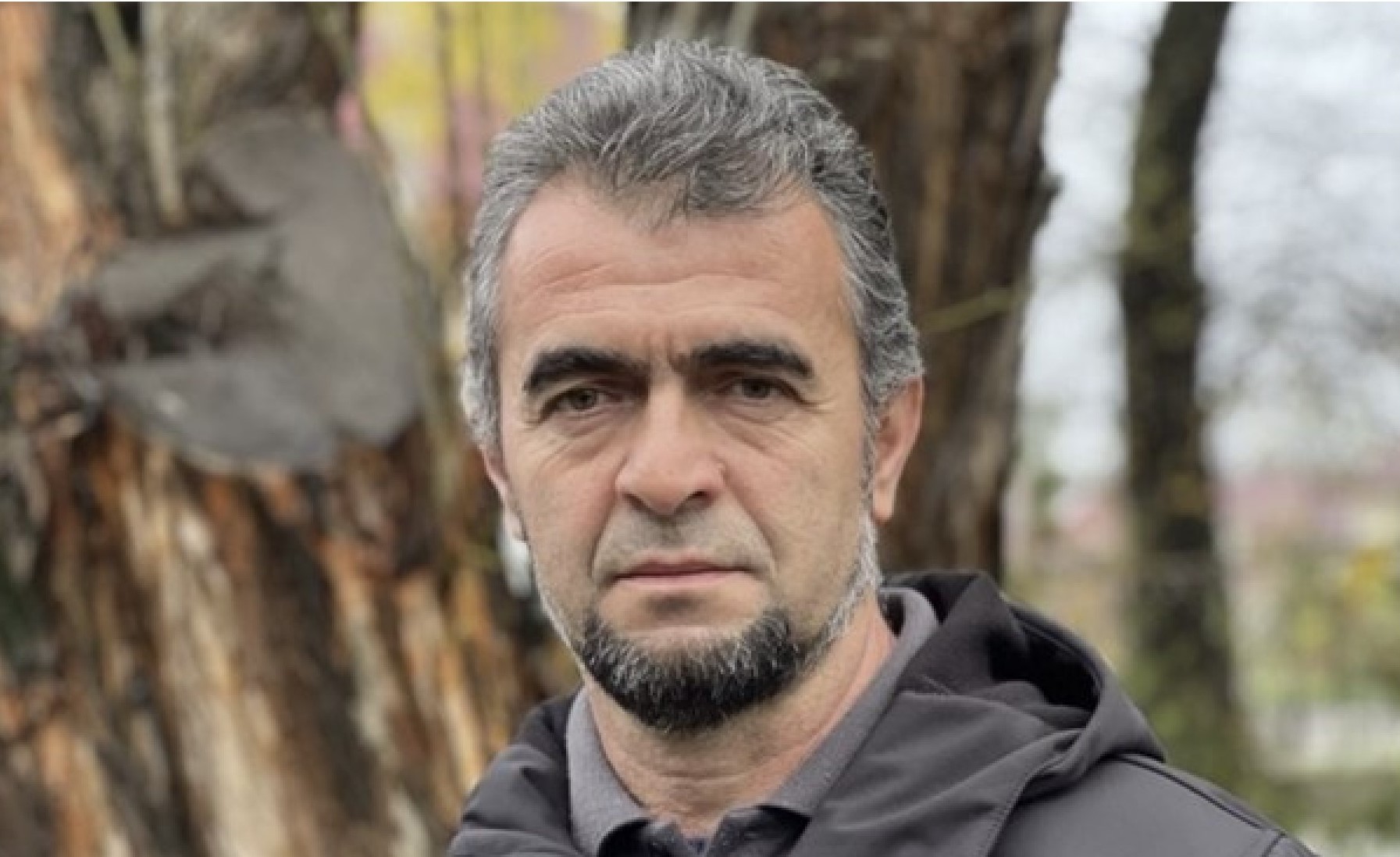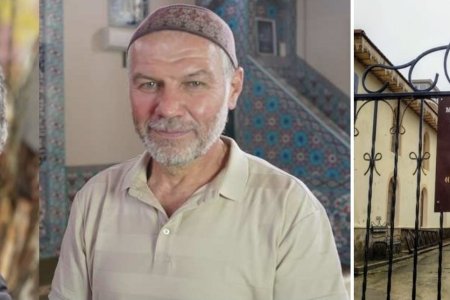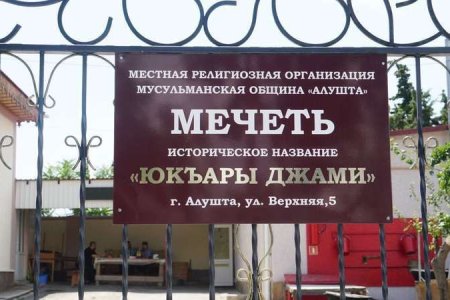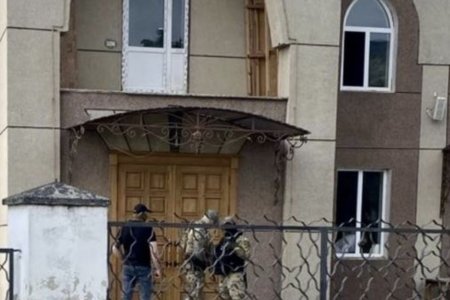
The Russian occupation regime carried out two more armed searches of Crimean Tatar families early on 13 December, with children waking up to find men brandishing machine guns wandering around their home. One of the two men targeted, Ismail Yurdamov, Imam of a local community in the village of Dzhuma Eli (Pryvitne, in Kirovsky raion) was later charged with carrying out ‘unlawful missionary activities’. In confirming the accusation against him, Yurdamov noted that it is for having, at the request of the local community, led Friday prayers. His daughter, Hulsum, is convinced that her father was targeted for the active support he has demonstrated for Russia’s ever-increasing number of Crimean Tatar political prisoners and points out that he has been Imam of the local mosque for 20 years.
Indirect confirmation that Yurdamov was singled out for his civic position is provided by the other armed search on Wednesday morning in another village in Kirovsky raion. The target there was Rustem Mustafayev, a civic activist who regularly attends political trials, takes part in communal prayers for political prisoners and similar acts in support of victims of repression. A search warrant was produced on this occasion, which Mustafayev refused to sign. It authorized a search for ‘prohibited literature’; ‘weapons, explosives, etc’. The mention of weapons is a cynical lie, since such ‘searches’ always look for (or bring, and then pretend to ‘find’) what the occupying state claims is ‘prohibited religious literature’. None of the literature ever targeted in occupied Crimea is illegal in Ukraine or other democratic countries. The enforcement officers took one book, “The Gardens of the Righteous” away, but did not detain the activist.
Both searches were at around 6 a.m. on 13 December, with that of the home of Ismail Yurdamov carried out by Russia’s so-called ‘centre for countering extremism’, and specifically, ‘investigator’ Roman Filatov. The latter has actively persecuted Crimean Muslims, as well as prosecuting people for comments on social media and has been involved in detaining Crimean Tatar lawyers, defending political prisoners.
Yurdamov was also shown a search warrant which he refused to sign. This apparently mentioned [purportedly suspected] participation in and organization of meetings of Hizb ut-Tahrir, the peaceful transnational Muslim organization which is legal in Ukraine, but which Russia’s FSB uses for a huge number of politically motivated arrests and ‘trials’ of Crimean Muslims.
Typically, the ‘extremism’ squad officers inspected only the books, checking several of them on their database (of Russia’s so-called ‘prohibited literature’) before stating that “all are clean”. The men provided no explanation for their actions, refused to even put on shoe covers while tramping around inside, and so terrified Yurdamov’s 11-year-old daughter that she twice fainted. Yurdamov’s request that they leave his elder daughter, who was in a separate building on the land together with her small children, alone was ignored. The men who had taken all telephones away immediately and responded that it was “only on films” that you can make a phone call, went through everything on the family’s land, before heading off to the mosque for a so-called ‘inspection’. Ismail Yurdamov himself was taken away to an occupation police station.
There the ‘extremism’ officers drew up an administrative protocol under Article 5,26 § 4 of Russia’s code of administrative offences. It is claimed that Yurdamov, who has been Imam of his local community for 20 years, was carrying out ‘unlawful missionary activities with infringement of Russia’s law on freedom of conscience, faith and religious organizations’.
Russia has actively used this surreal article of its administrative legislation in particular against Muslim communities and their Imams who are not subordinate to the Muftiate, or ‘Spiritual directorate of Muslims of Crimea’. The latter lost any legitimacy in 2014 when the Mufti Emirali Ablayev chose to actively collaborate with the Russian occupation regime. There are grounds for suspecting that Ablayev and his people have helped the FSB in politically motivated persecution of Crimean Tatars on so-called ‘Hizb ut-Tahrir’ charges, with the Muftiate gaining in return ‘official status’ and the opportunity to use such prosecutions to terrorize Muslim communities into coming under the Muftiate’s control.



